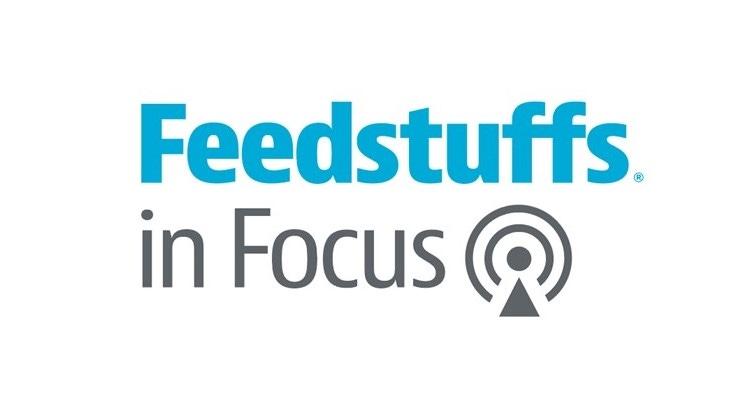Decline in school lunch milk consumption may affect future health
Sensory characteristics and form of milk offered are key to child preferences according to a study in the Journal of Dairy Science.
September 10, 2020

Fluid milk consumption among children is vital, as adequate consumption of dairy products, especially during childhood, has beneficial health outcomes later in life. These benefits include reduced risk of osteoporosis, hypertension, obesity and cancer in adulthood.
Milk consumption among children has been declining for decades, so understanding and fulfilling the needs of children is crucial to reverse the decline. In an article appearing in theJournal of Dairy Science, scientists from North Carolina State University and Cornell University studied key contributors to increasing milk consumption among children. Factors evaluated in the study included food trends, nutritional and school meal program requirements, children’s perceptions and preferences, and environmental influences. Among these influences, flavor and habit were the primary drivers for long-term milk consumption.
In this episode of Feedstuffs in Focus, Feedstuffs editor Sarah Muirhead talks with senior author MaryAnne Drake, PhD, department of food, bioprocessing and nutrition sciences, North Carolina State University, and Dr. David Barbano, professor of food science at Cornell University about their ongoing research.
“Making milk more appealing to children, having schools include milk in their meal plans, and increasing the types of milk available in schools are all positive options to encourage children consume fluid milk and receive those health benefits,†said Drake. “The findings in this study, however, reveal critical insights that will aid in efforts to increase milk consumption among children.â€
This episode is sponsored by Balchem Animal Nutrition and Health – join Balchem for their Real Science Lecture series, a weekly webinar series featuring ruminant nutrition experts discussing vital topics for today’s dairy industry. You can learn more at BalchemANH.com/RealScience.
For more information on this and other stories, visit Feedstuffs online.
Follow Feedstuffs on Twitter @Feedstuffs, or join the conversation via Facebook.
You May Also Like


.png?width=300&auto=webp&quality=80&disable=upscale)
